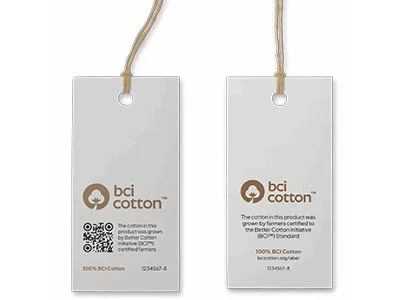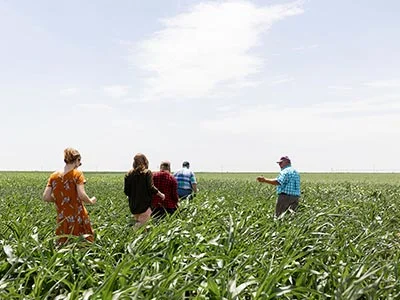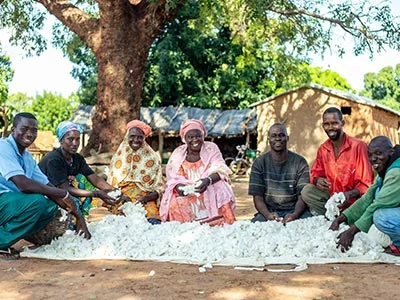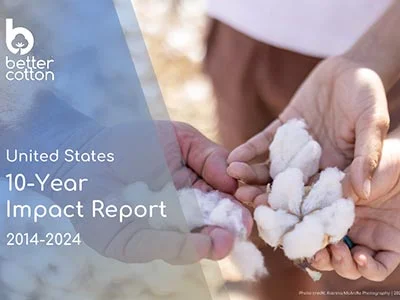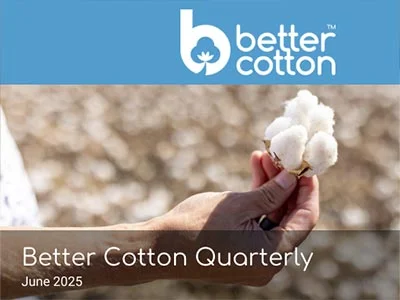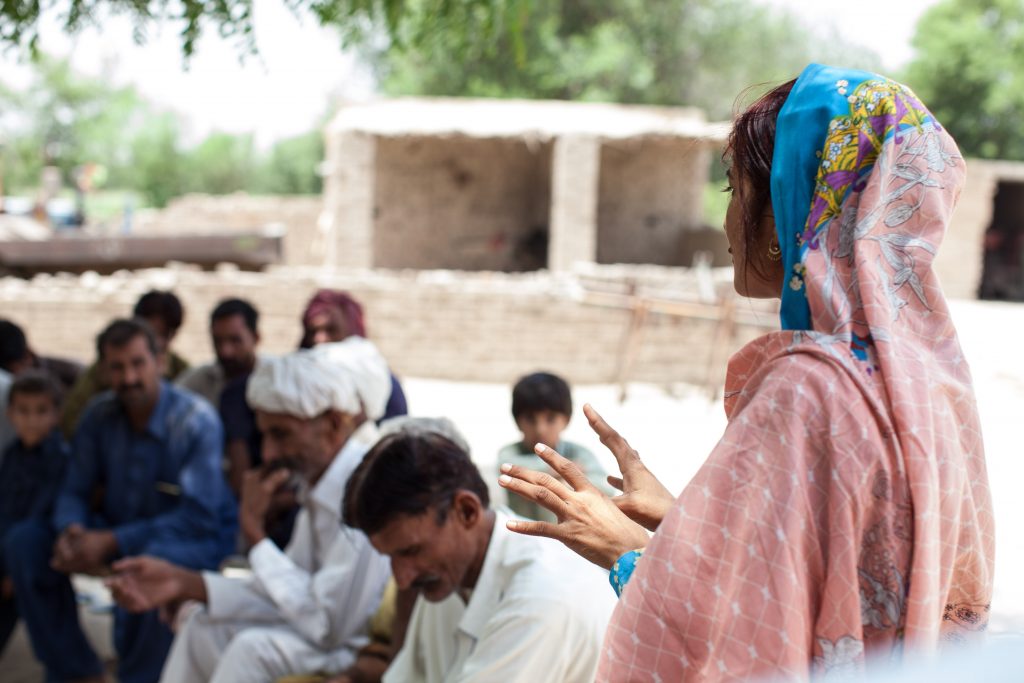BCI aims for large-scale transformation of global cotton production. We strive to enable as many cotton farmers as possible to gain access to knowledge and tools to improve the environmental, social and economic sustainability of cotton production, and to benefit from implementing improved practices at field-level.
To bring about market transformation and develop Better Cotton as a sustainable mainstream commodity, we must be able to scale the BCI programme. BCI has come a long way since the first harvest of Better Cotton in the 2010-11 cotton season – after just eight seasons, BCI has reached nearly 2 million farmers.
Designed to Achieve Scale
- Sector-Wide: We learnt that in order to lay the foundation for transformational change within the cotton sector and to achieve scale, it was imperative to include diverse stakeholders, all working towards the same goal. Today we are truly a joint effort, uniting more than 1,350 organisations all the way from farms, to fashion and textile brands, to civil society organisations, driving the entire cotton sector towards sustainability.
- Training Partners: BCI does not train cotton farmers directly, instead we work with trusted Strategic and Implementing Partners across the world, who invest considerable time and funds in implementing the Better Cotton Standard System. In the 2016-17 season we worked with 59 Strategic and Implementing Partners in 21 countries.
- Collaboration with Other Standards: BCI recognises three other sustainable cotton standards as equivalent to the Better Cotton Standard: myBMP, managed by Cotton Australia; ABR, managed by ABRAPA; and CmiA, managed by the Aid by Trade Foundation. Cotton produced to these standards can also be sold as Better Cotton. In addition, BCI looks for opportunities to collaborate with other sustainable cotton initiatives –our collaboration with Cotton 2040 has already led to the launch of CottonUP, a guide which helps retailers and brands scale their use of more sustainable cotton including Better Cotton, organic, Fairtrade, Cotton Made in Africa, myBMP and recycled cotton.
- Accessibility: There are no additional costs for smallholder farmers to join the BCI programme and to obtain a license to grow and sell Better Cotton. This significantly reduces the barriers to entry. Farmers receive access to training on more sustainable agricultural practices with a focus on continuous improvement.
- Mass Balance Chain of Custody:Mass Balance is a supply chain methodology, which simply put,means what comes out must balance with what went in. This methodology means Better Cotton can be mixed with conventional cotton in the supply chain. By using a system of Mass Balance, BCI is able to reach more farmers, encourage more sustainable practices to be implemented around the world. Ultimately, BCI is focused on making cotton production better for farmers, the environment it grows in, and better for the sector’s future. Knowing where the Better Cotton ends up does not benefit BCI Farmers. Learn more about Mass Balance here.
- The Better Cotton Growth and Innovation Fund: The Fund utilises the Volume Based Fee paid by Retailer and Brand Members, seeks to obtain match funding from public and private donors, and makes strategic investments into Better Cotton projects in the countries where projects have the potential to achieve both impact and scale. This allows BCI and its Partners to reach more regions, train more farmers and produce more Better Cotton, dramatically accelerating the scale-up of Better Cotton worldwide.
Thanks to the continued support of our Members, Partners and donors, from across the entire cotton sector, we are on track to meet our 2020 target – to reach and train 5 million farmers and ensure that Better Cotton accounts for 30% of global cotton production.
You can read more about BCI’s progress in the BCI 2017 Annual Report.






